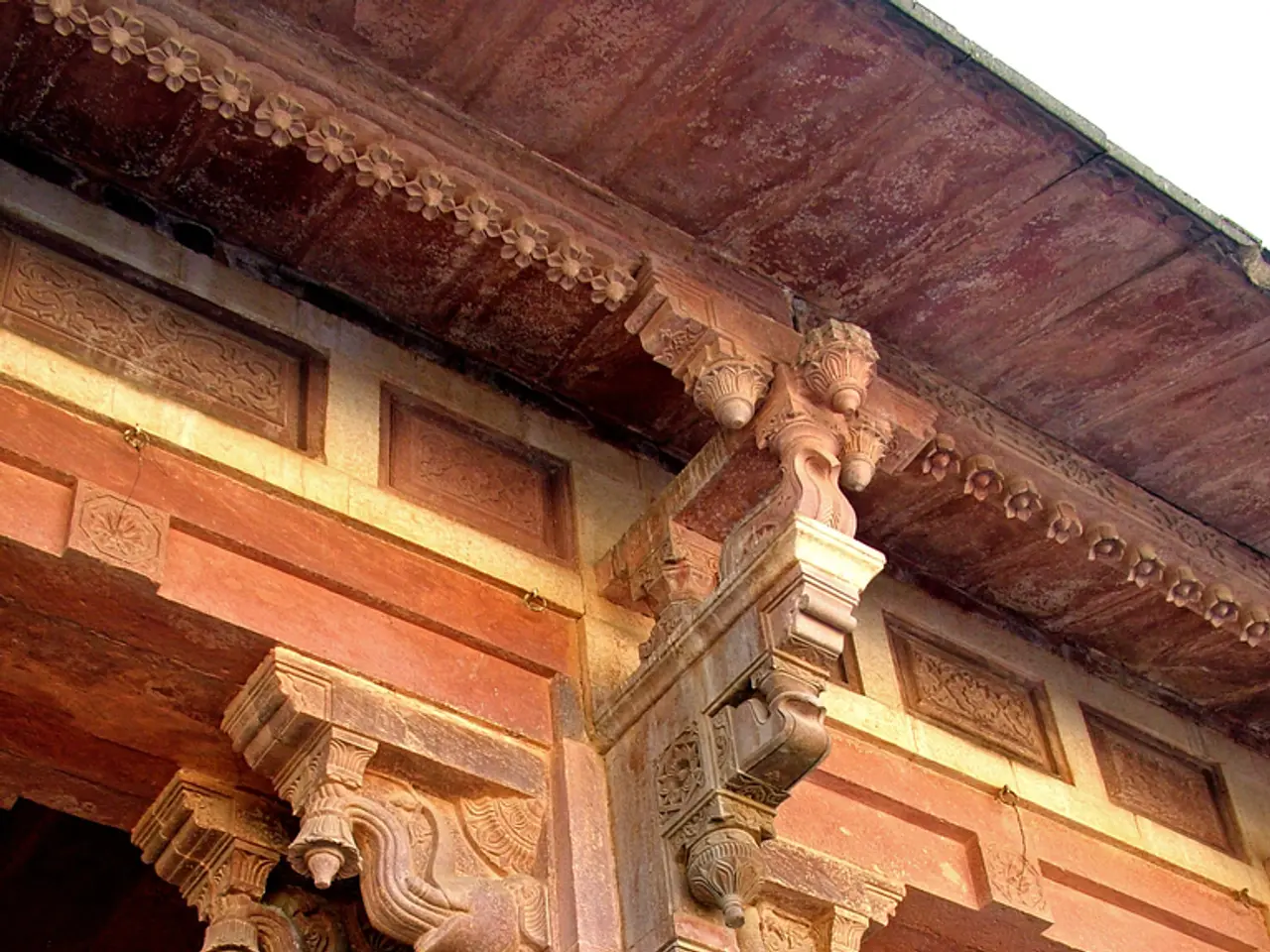Yasukuni Shrine's Political and Diplomatic Significance Persists After Eight Decades
The Yasukuni Shrine in Tokyo, a spiritual landmark that enshrines approximately 2.46 million souls, has been at the centre of ongoing debates about its role in Japanese politics and society. The shrine's controversial status can be traced back to its enshrinement of not only ordinary war dead but also convicted Class-A war criminals, which has fuelled historical and political disputes both domestically and internationally.
A Symbol of Defiance
In 1978, the shrine secretly enshrined 14 convicted senior wartime leaders without government approval, an act that provoked outrage and symbolised defiance against the Allied judgment of Japan's wartime actions. Many priests at the shrine were ex-military figures who rejected the Tokyo Trials verdicts and promoted a narrative denying Japan’s wartime guilt, reflected by erecting monuments honoring dissenting judges who opposed the trials.
Separation of Religion and State
After World War II, the U.S. occupation authorities enforced a constitutional separation of state and religion in Japan, breaking official government ties with Yasukuni Shrine. However, the shrine resisted becoming a state-run entity to maintain its rituals and enshrinements independent from political control.
A Site of National Memory and Contested History
The shrine serves as a site of both personal and collective memory for Japan’s war dead but remains a focal point of the competing historical interpretations of Japan’s militarism and wartime responsibility domestically and from neighbouring countries like China and South Korea. Official visits by Japanese politicians to the shrine have repeatedly attracted international criticism, as they are seen abroad as glorifying Japan’s militarist past despite the shrine maintaining a complex cultural and religious role within Japan itself.
Resistance to State Management
From 1969, the Liberal Democratic Party submitted five bills to make Yasukuni Shrine a special corporation under state management. However, the opposition to the bills resulted in their scrapping by 1974. The shrine's resistance to changes that would affect its religious character was a significant factor in the scrapping of the bills.
A Symbol of Religious Autonomy
The resistance to state management and funding by Yasukuni Shrine and its supporters underscores the shrine’s role as a symbol of religious autonomy in Japan. Despite its transformation, the Yasukuni Shrine continues to be a controversial site due to the enshrinement of war criminals. The ongoing debates about state management and funding of Yasukuni Shrine demonstrate the persistence of the belief among some in the Japanese public that the shrine should be treated specially.
Political and Diplomatic Implications
The Yasukuni Shrine has been a subject of political and diplomatic discussions, particularly regarding visits by the sitting prime minister and other cabinet members on the anniversary of the end of World War II. The shrine's history of being associated with militarism, due to its pre-war management by the army and navy ministries, adds another layer of complexity to these debates.
[1] Asada, S. (2009). Yasukuni Shrine and Japan's Foreign Relations. Routledge. [2] Duus, P. (2006). The Abandonment of the Meiji Constitution, 1947. University of California Press. [3] Ienaga, S. (1978). The Pacific War, 1853-1945. Pantheon Books. [4] Pyle, J. (2007). Imperial Japan at War: Revolution and Empire, 1926-1945. Oxford University Press.
Here are two sentences containing the given words that follow from the provided text:
- Periodically, general news outlets cover photos depicting Japanese politicians visiting the Yasukuni Shrine, a religious site that has faced intense political and diplomatic scrutiny over its enshrinement of war criminals and military leaders.
- The topic of war-and-conflicts arises in discussions about Yasukuni Shrine, as its enshrinement of convicted Class-A war criminals has provoked historical and political disputes both domestically and internationally.








